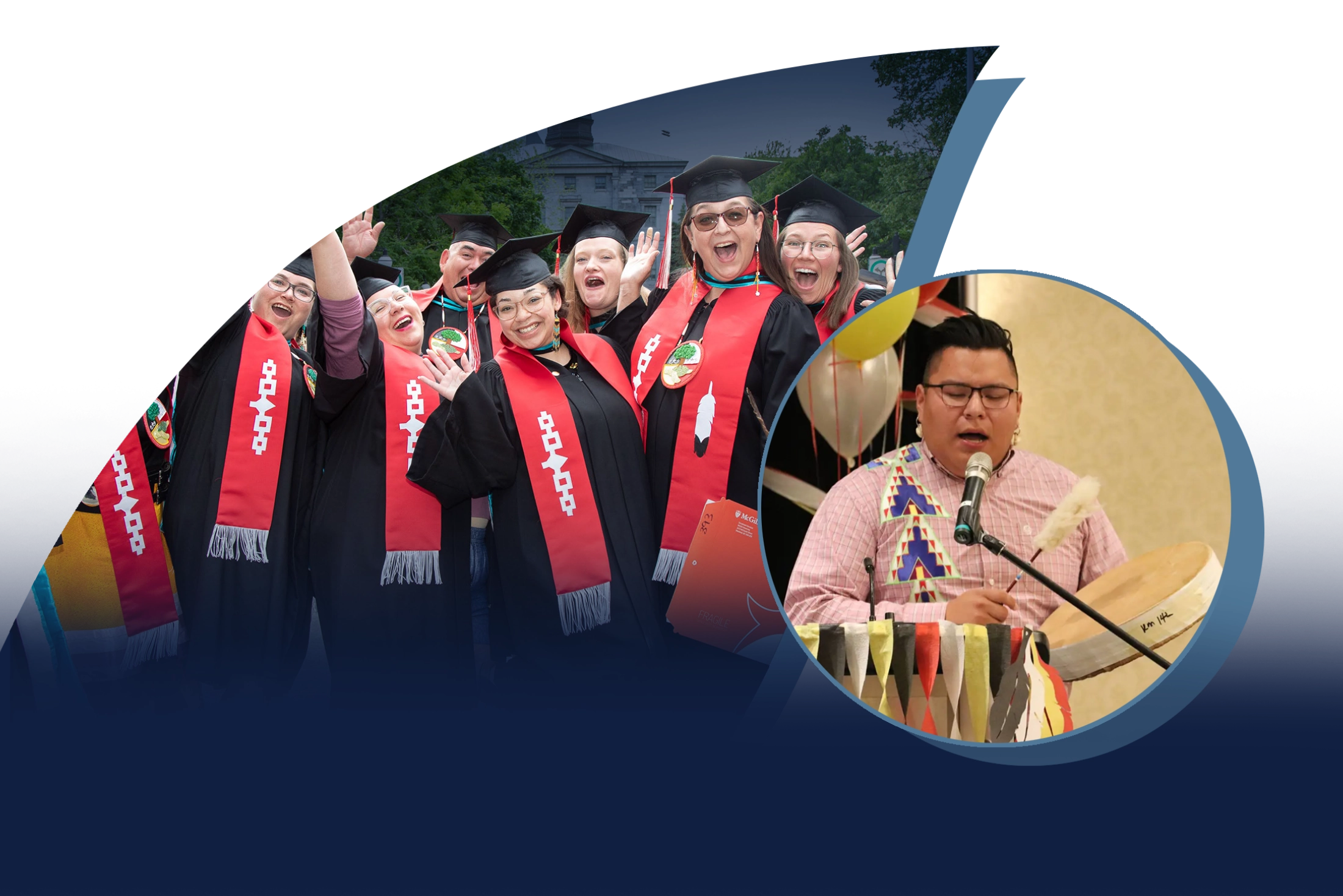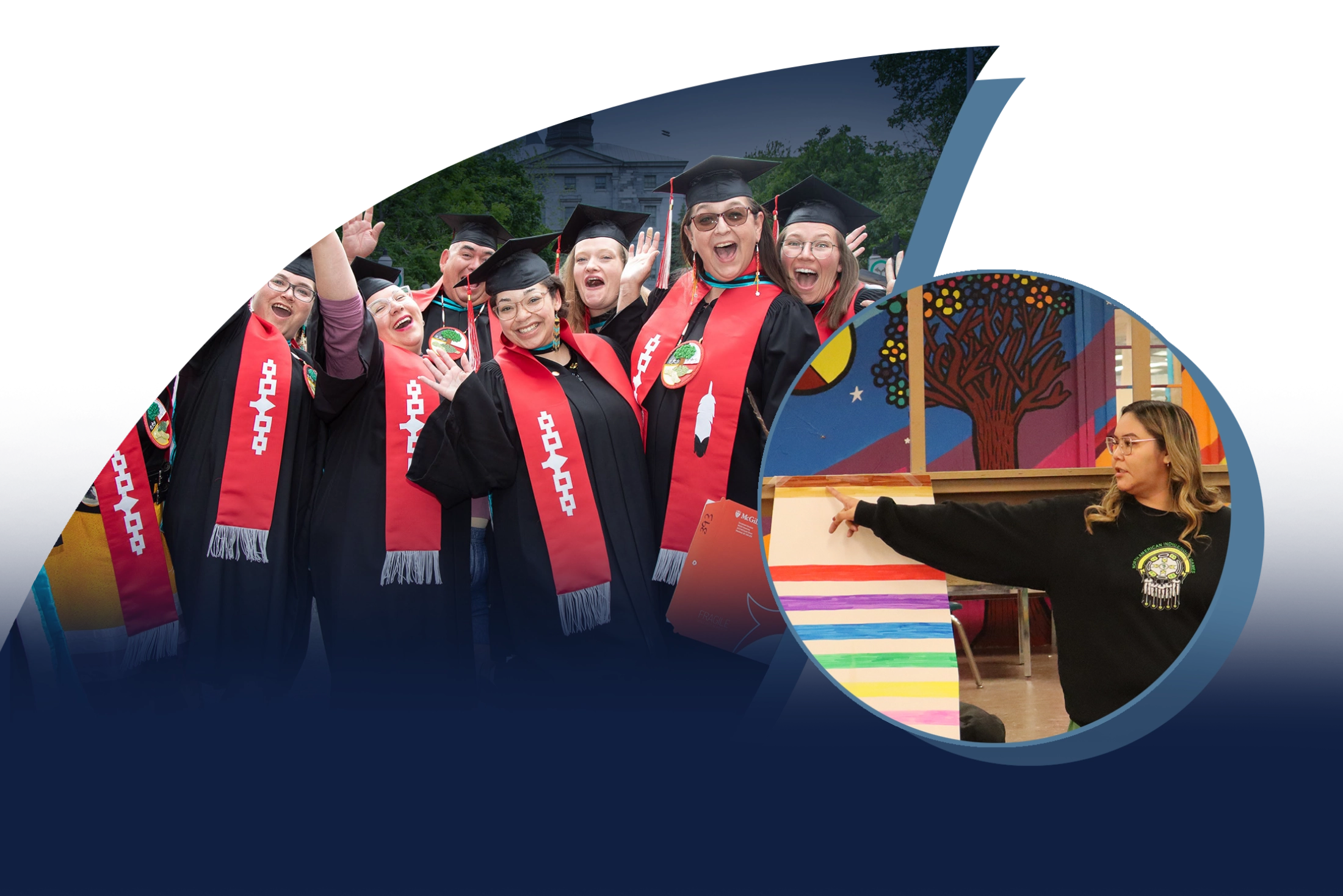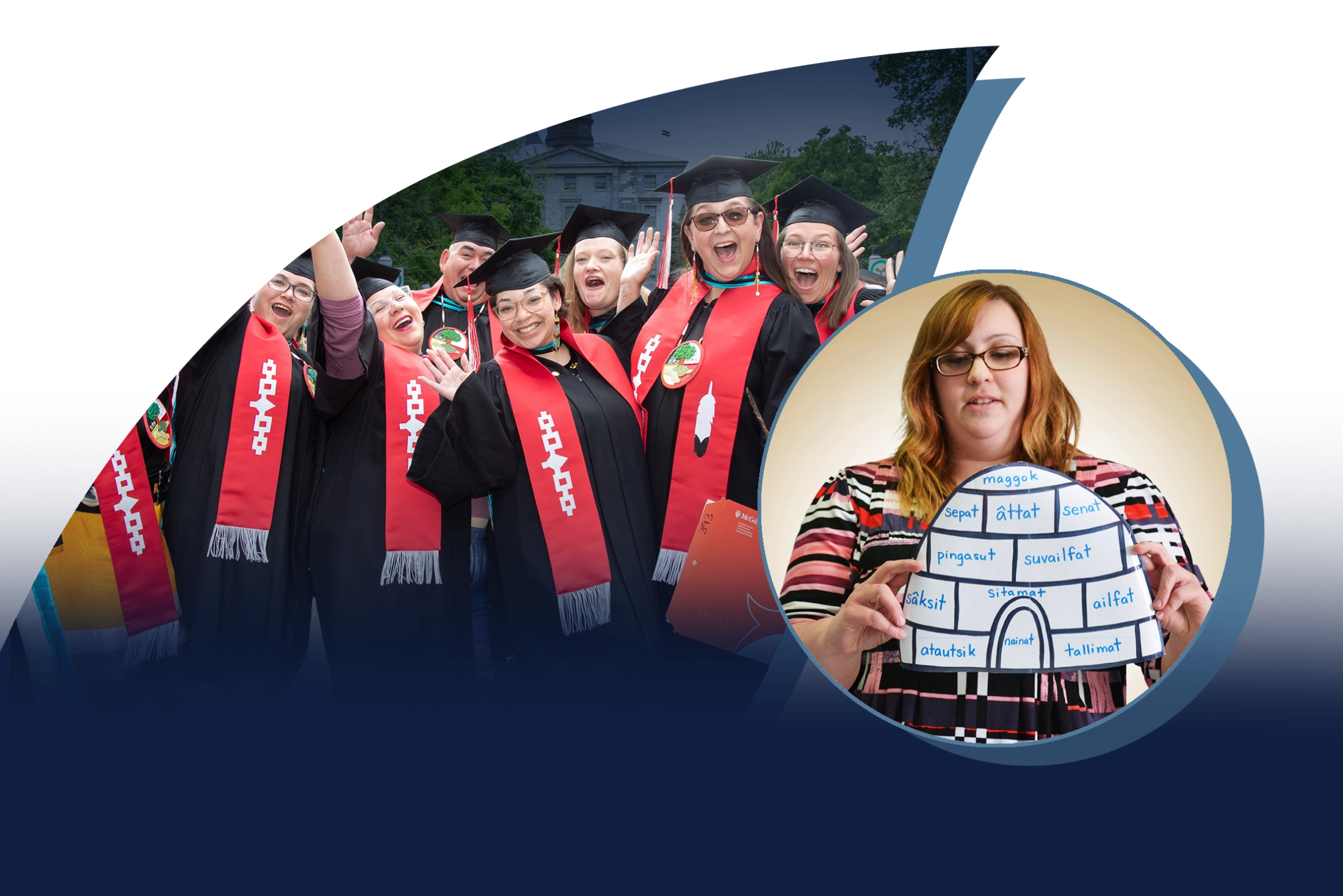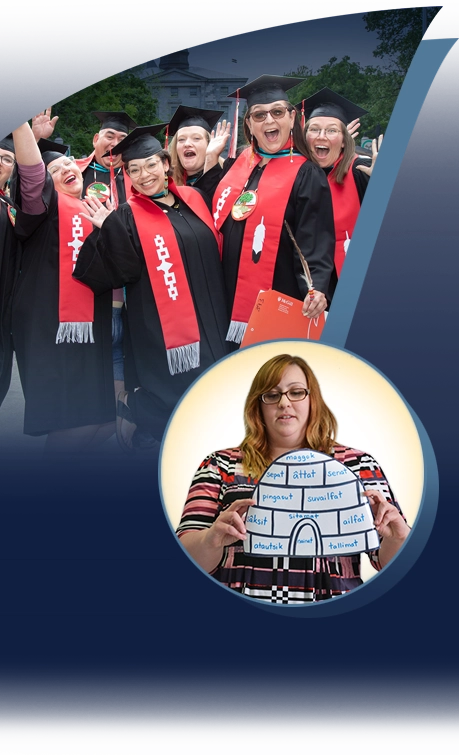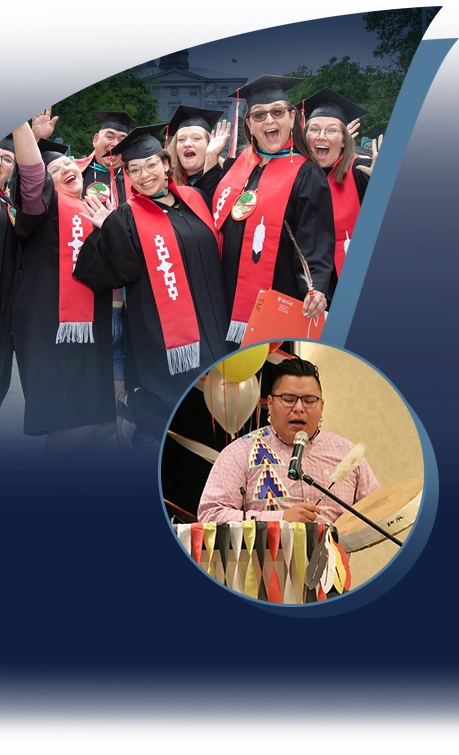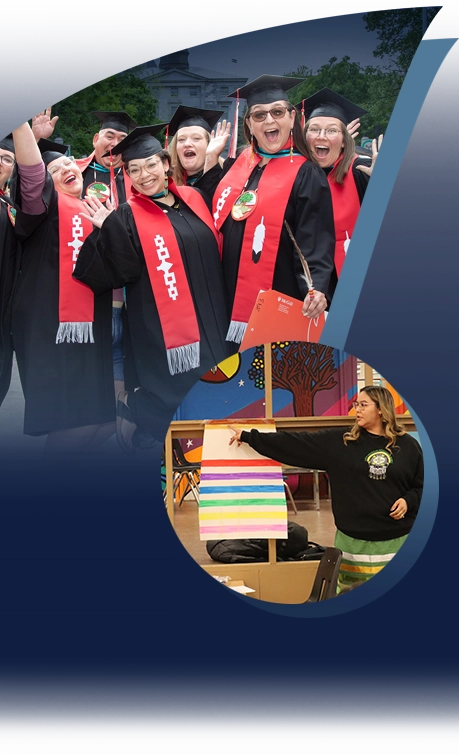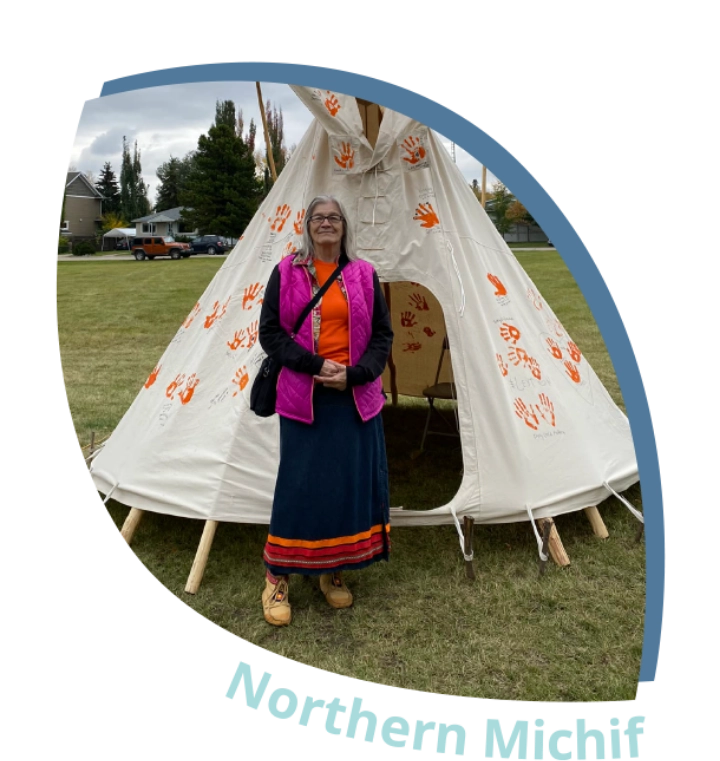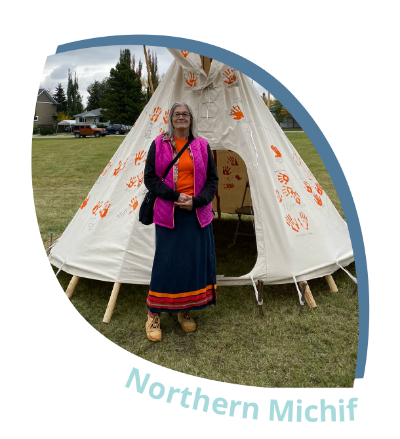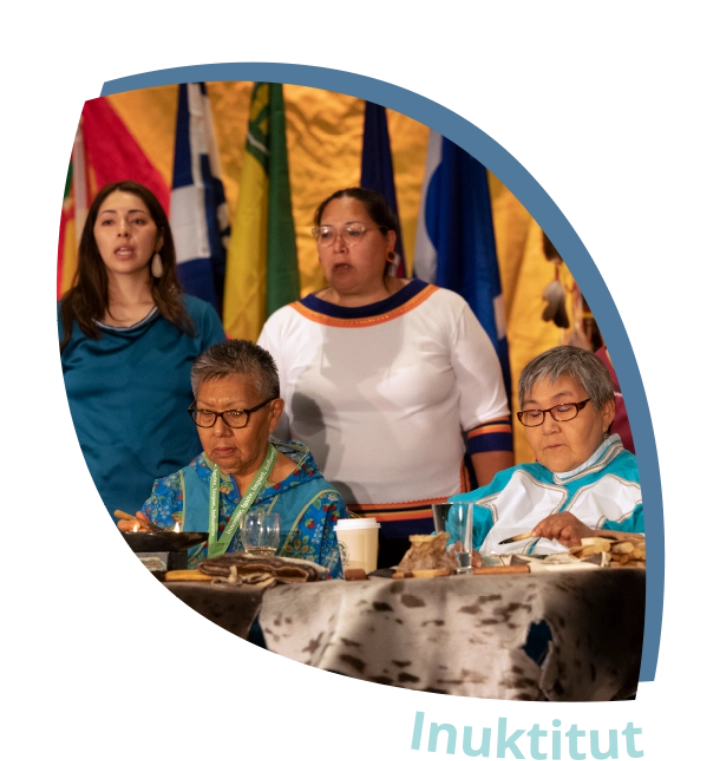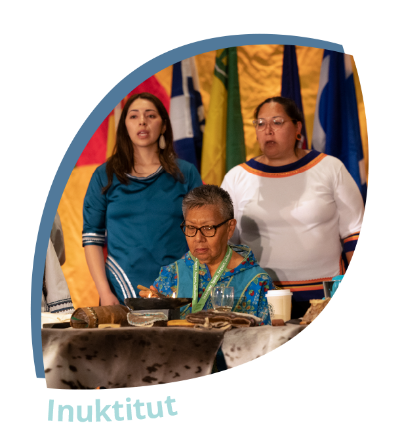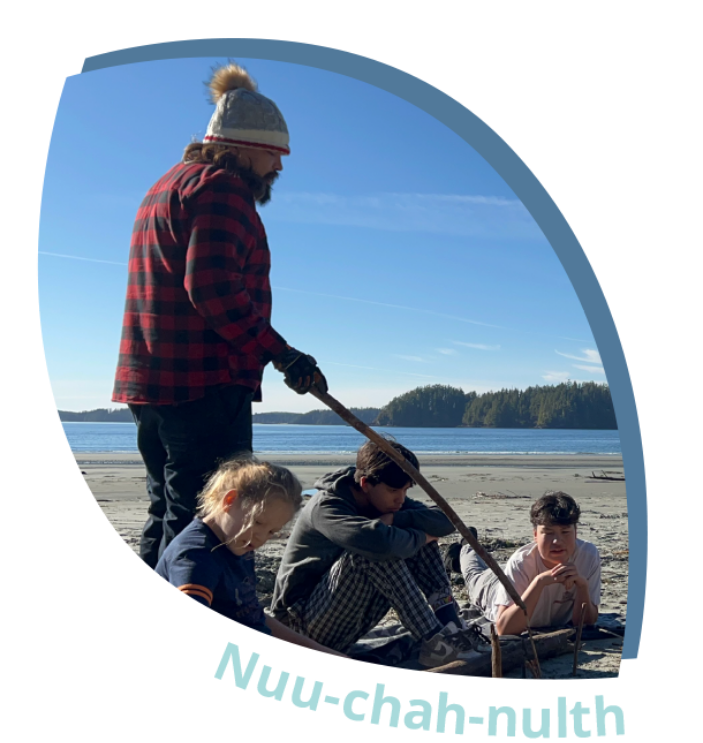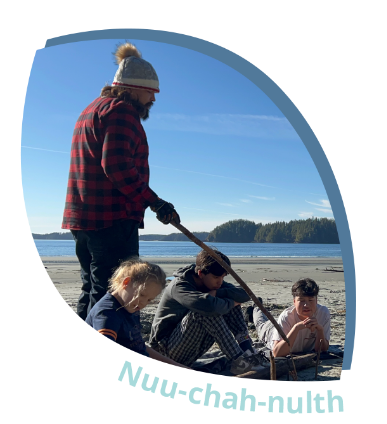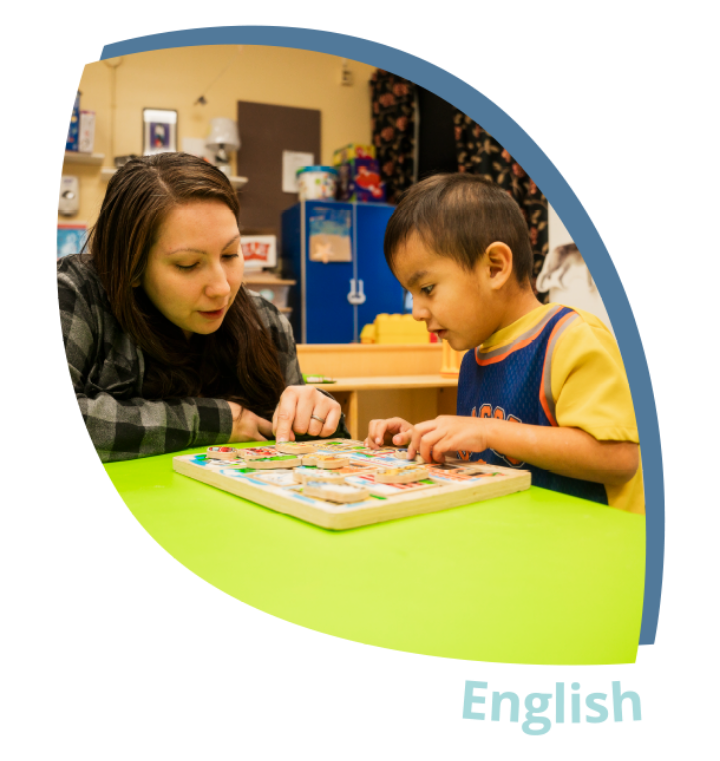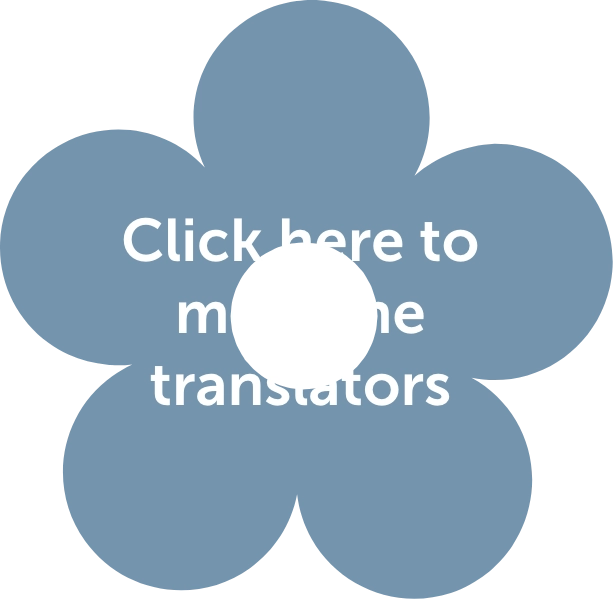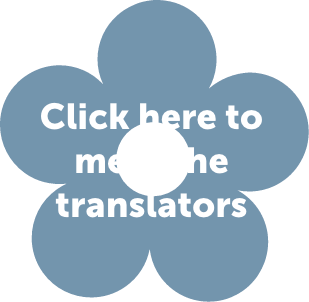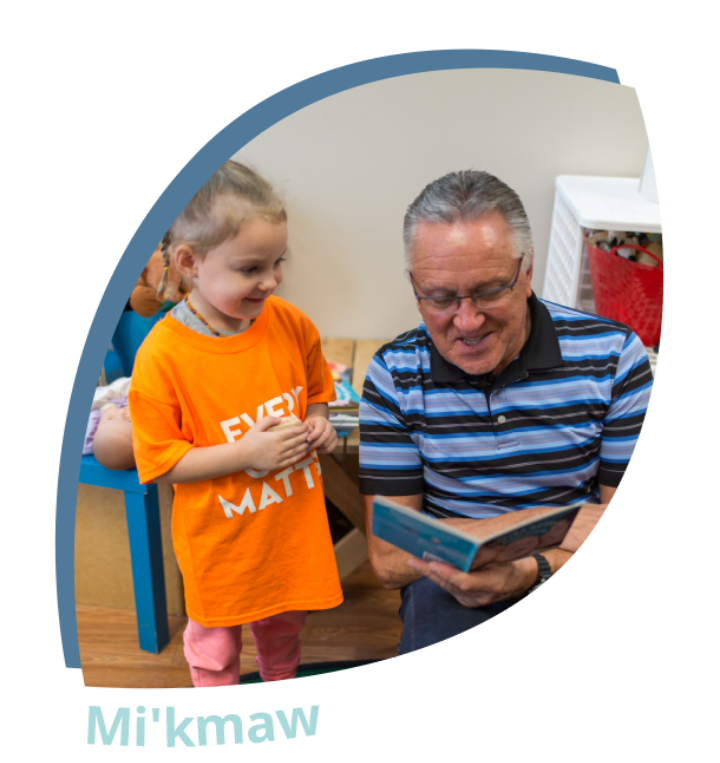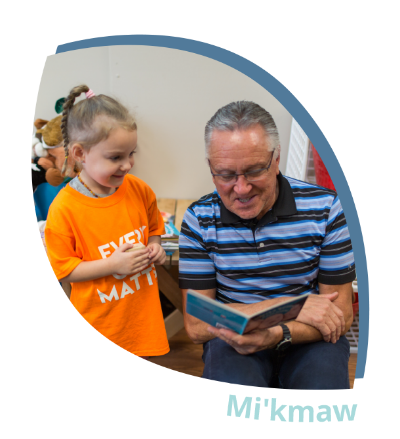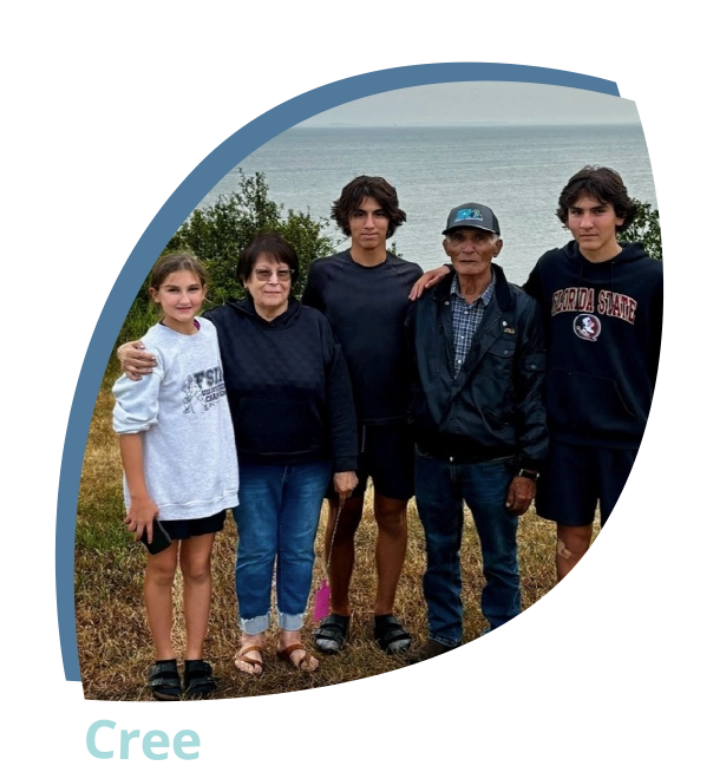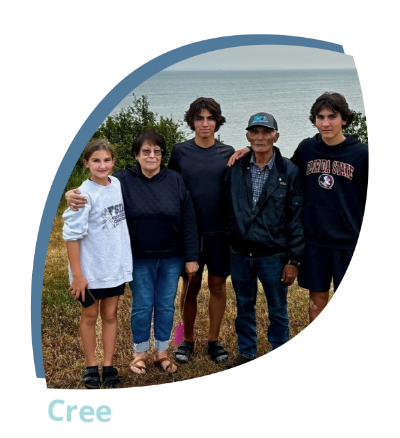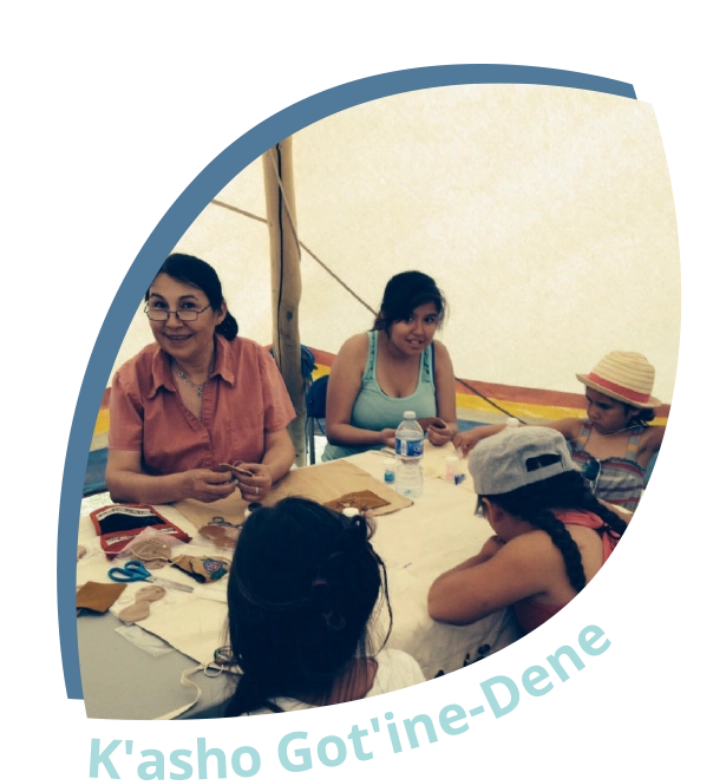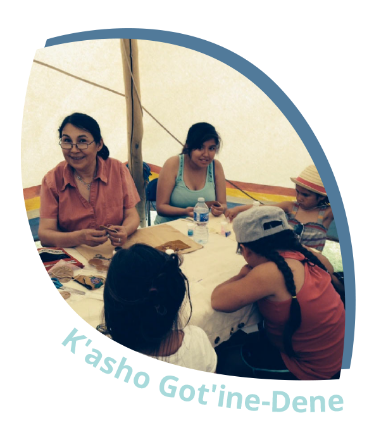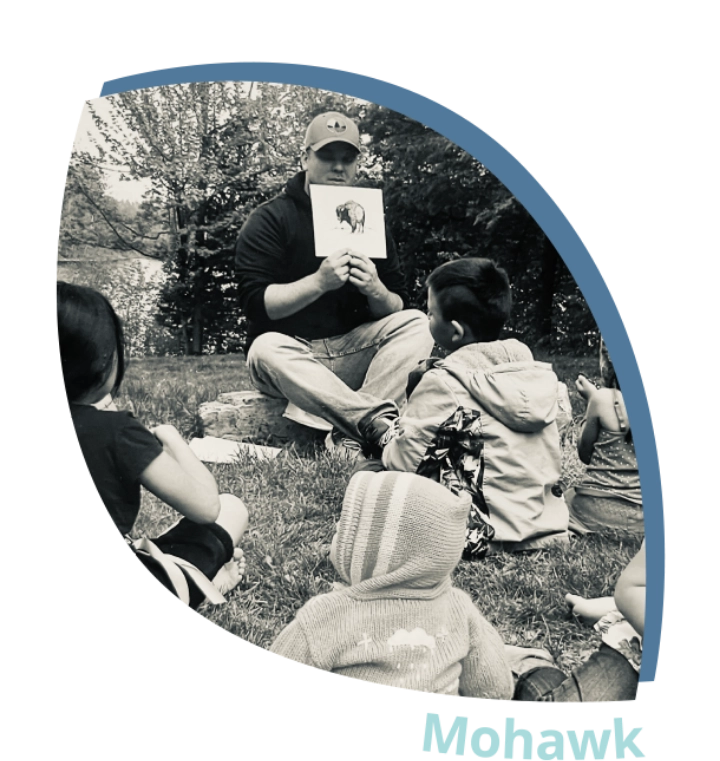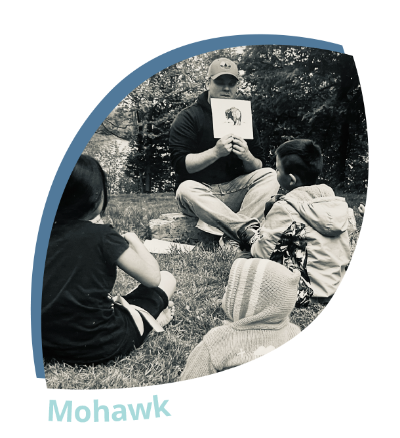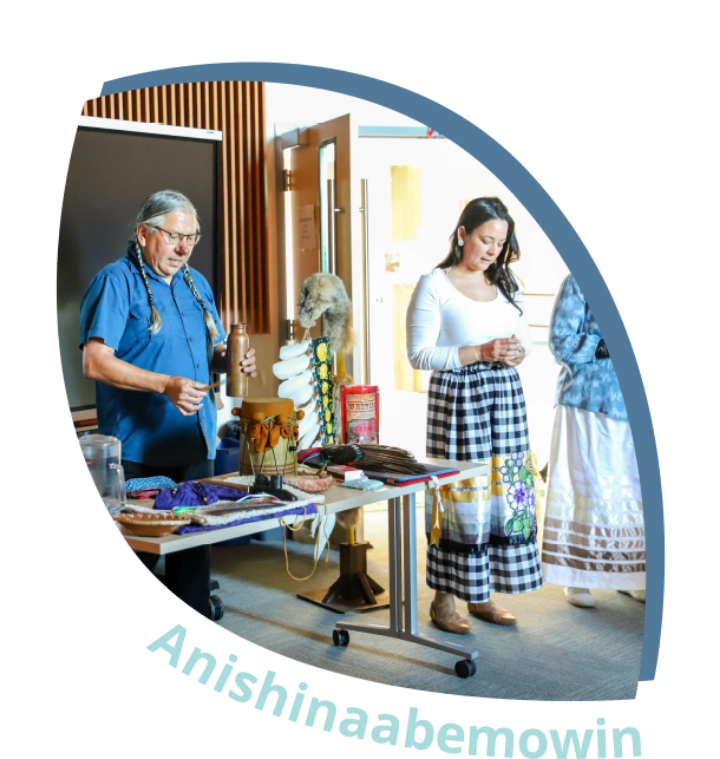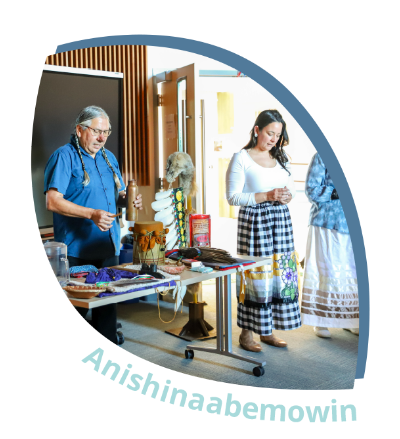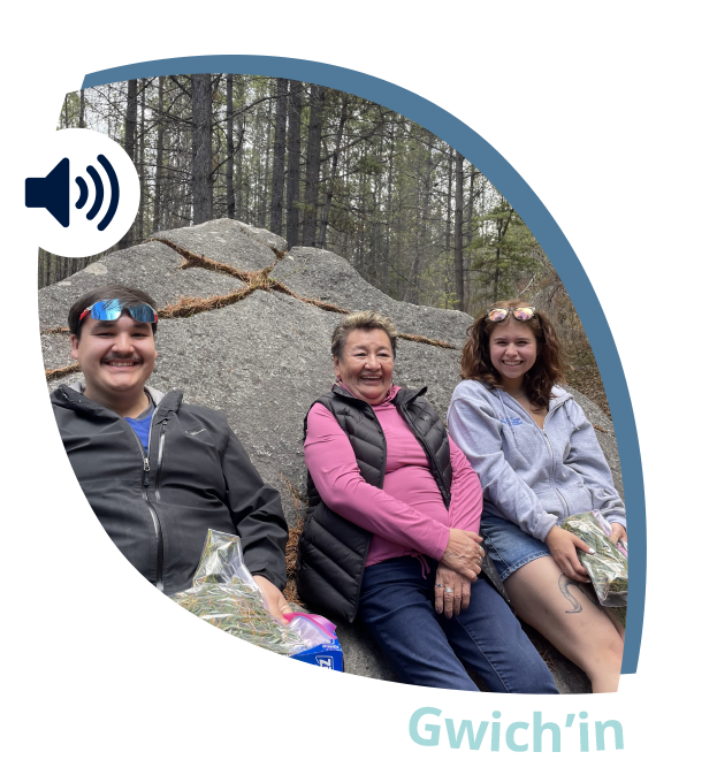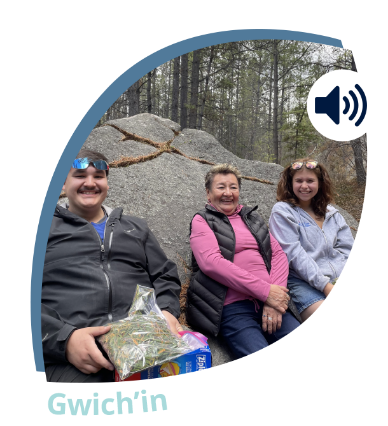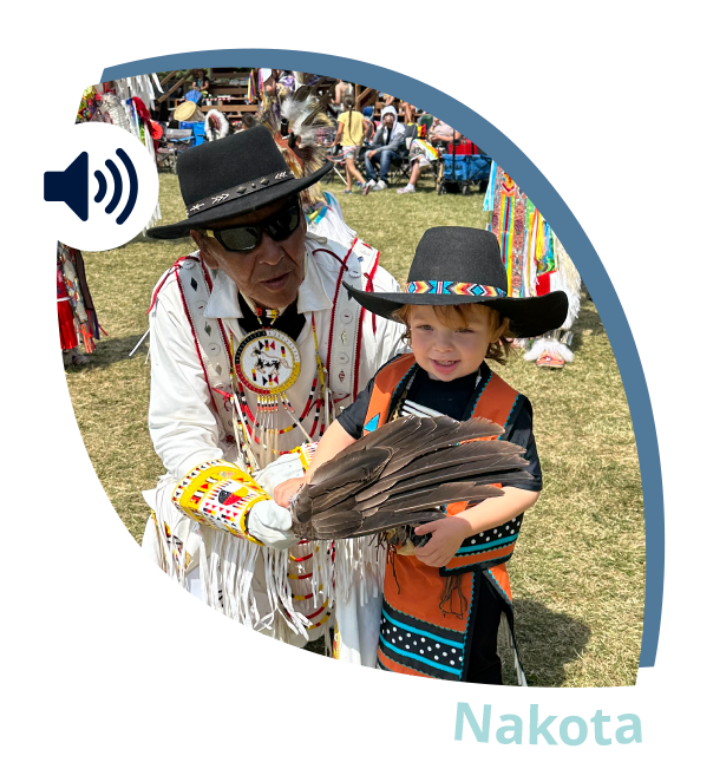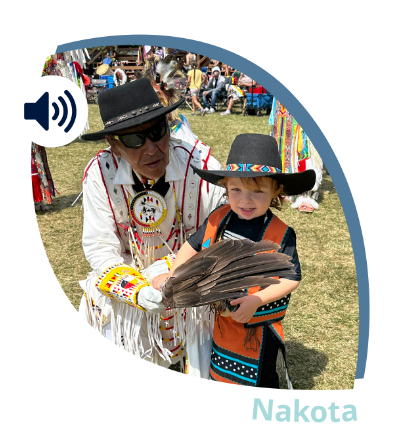Indigenous Teacher Education Programs (ITEP) from coast to coast to coast are creating positive impact for Indigenous communities and building opportunities that incorporate diverse cultural worldviews and practices. ITEPs are an integral part in restoring and revitalizing cultural connections and maintaining strong communities. We celebrate the past, present and future of First Nations, Inuit and Métis teacher education, honouring and supporting the transformative role Indigenous educators have on students, their communities, and our country.
In highlighting the transformative journeys and stories of ITEPs and their intergenerational impact, we acknowledge that these stories are only a small snapshot of a much larger narrative about what is being done within communities and ITEPs from coast to coast to coast.
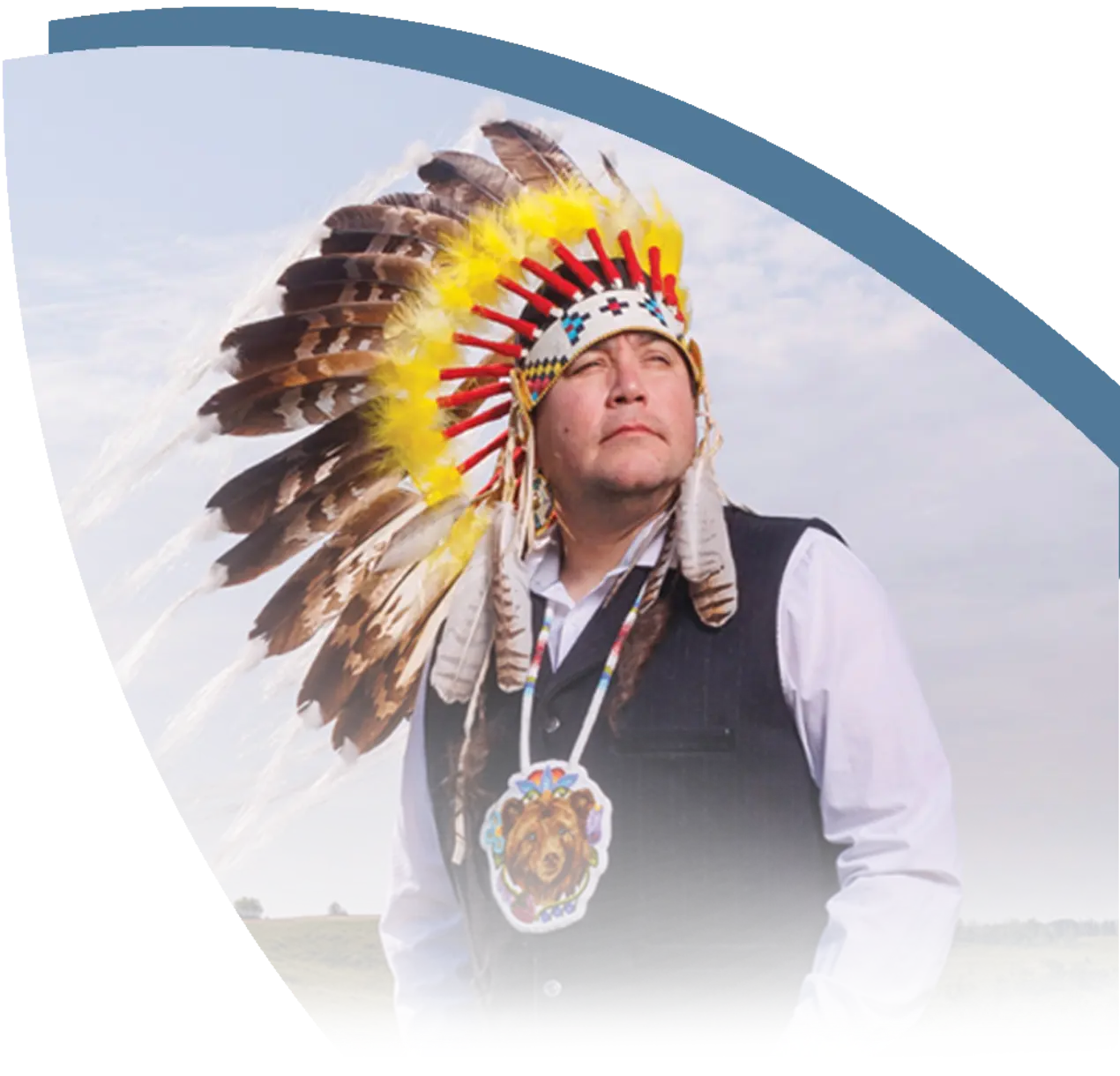
A feature article celebrating Indigenous Teacher Education.
Published in print in the September/October 2024 issue of Canadian Geographic, available below in 10 Indigenous languages as well as in English and French.
Meet three Indigenous educators and learn why Indigenous teacher education programs are crucial to transforming Canada’s education landscape.
Mapping the Evolution of Indigenous Teacher Education Programs
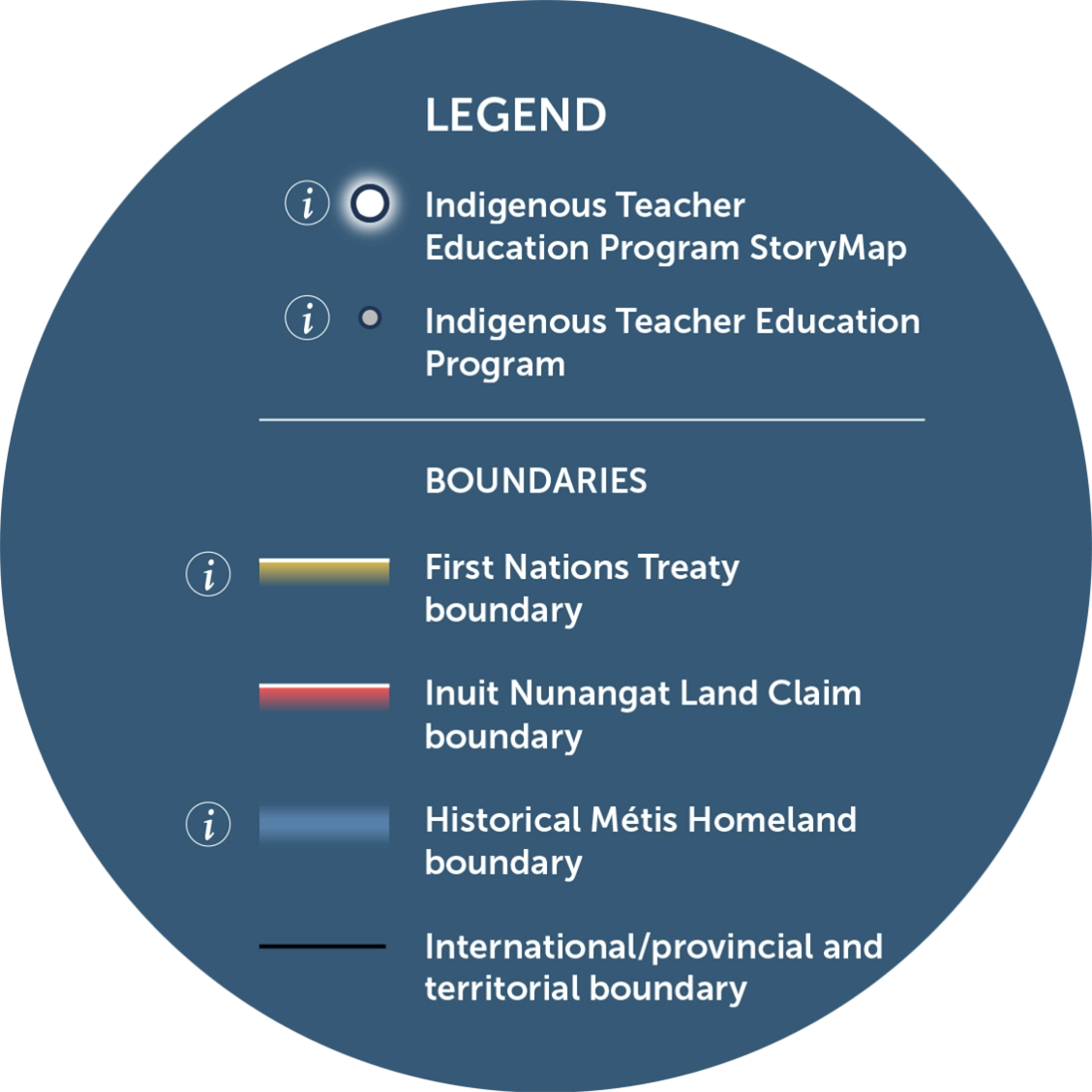
Please note that the dots on the map represent the locations where programs are headquartered and do not reflect all the community-based program locations for Indigenous teacher education across the country.
All named Programs have played an important role in the advancement of Indigenous Teacher Education, but not all could be featured on the map at this time. More to come. Featured ITEPs have been identified to reflect diverse geographic regions, Nations, Languages and cultures. We acknowledge, respect and honour all Indigenous Teacher Education Programs across the land, as well as the many people who have contributed to their development and success.
For more on the history of treaty-based maps, click here.
This boundary is not meant to be used to lay claim to territory to the lands outlined, but rather to identify people with historic ties to the Métis Nation.
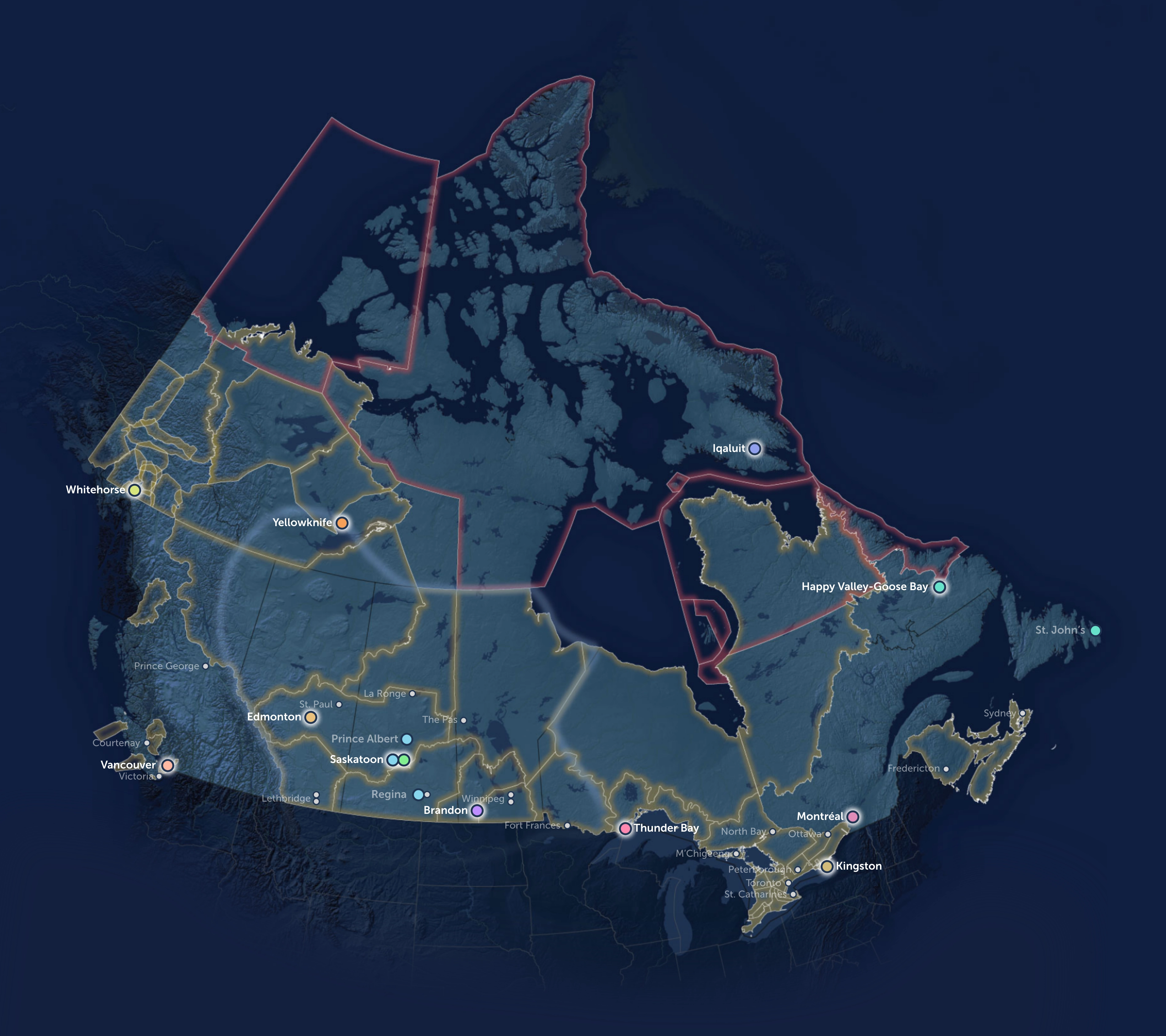
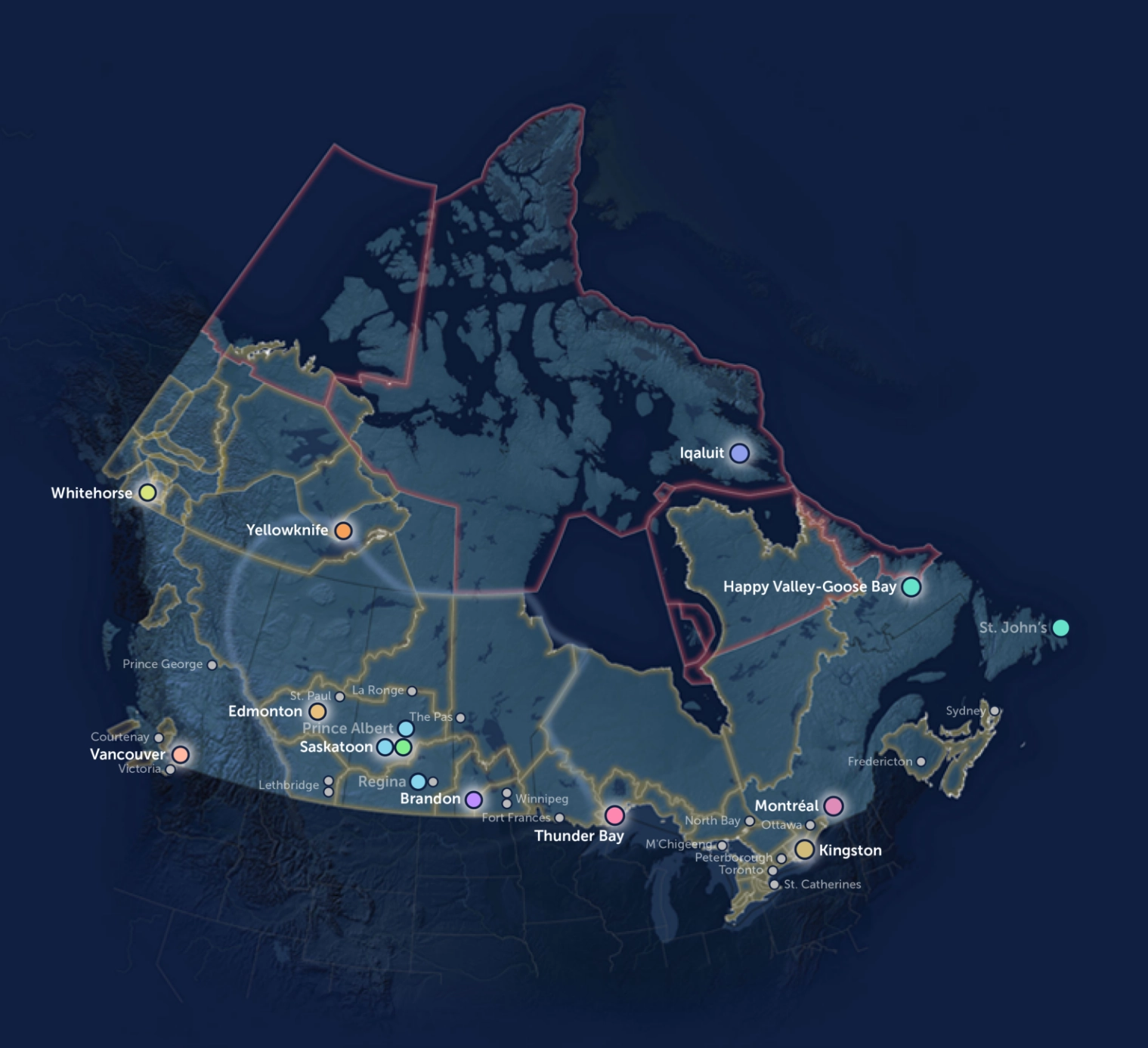
PROGRAM TIMELINES
Click on an Indigenous Teacher Education Program Timeline to explore.
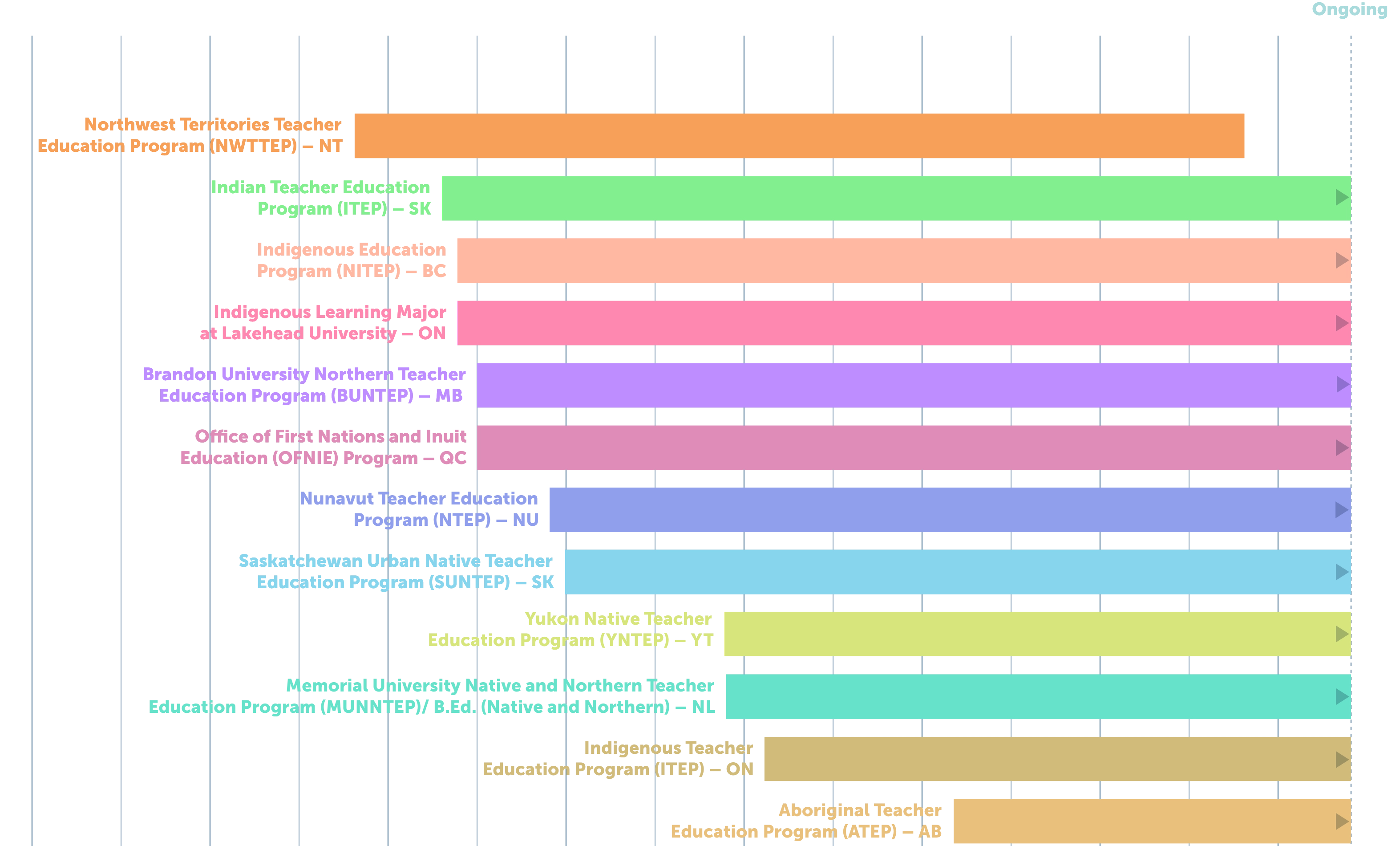
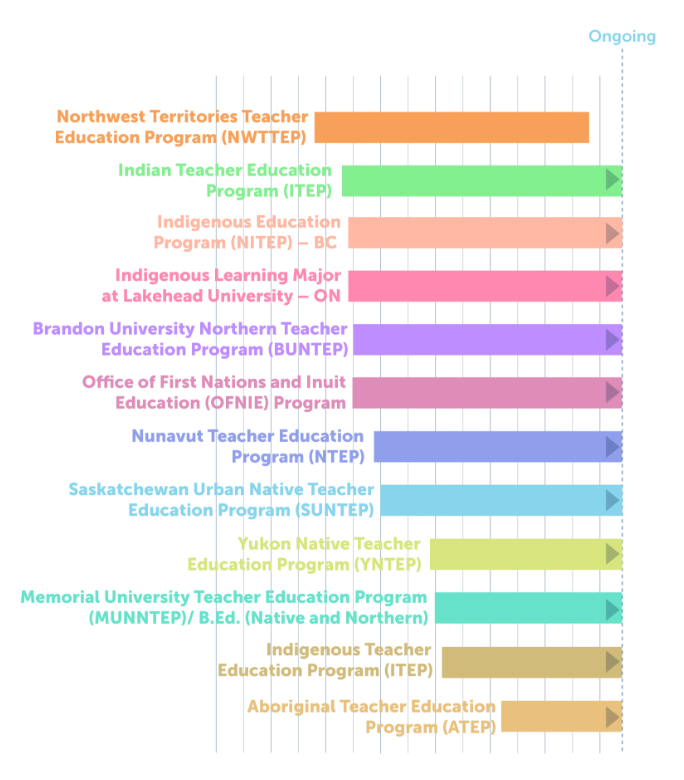
Celebrating Indigenous Languages
Uncle Teachings and Auntie Laughter
The Rideau Hall Foundation (RHF) and Canadian Geographic are thrilled to be presenting the feature story, Uncle Teachings and Auntie Laughter, in 10 Indigenous languages.
The Office of the Indigenous Languages Commissioner estimates that there are between 65-90 Indigenous languages across what is now referred to as Canada, and each is unique to its distinct cultural worldviews and natural environments. Although we are not able to include every Indigenous language right now, we are genuinely proud of this important initial effort to honour these 10 Indigenous languages. The selected languages used for this project geographically represent diverse First Nations, Métis and Inuit languages. Some are high usage languages and were identified for accessibility, while others were chosen to instill hope and inspire learning these beautiful languages. We are committed to continue to expand the representation of more Indigenous languages as we move forward.
You will find eight translations of the article in written form, and two more shared through oral translation. As Indigenous languages on these lands were not originally written languages, the intent of the oral retellings is not to present polished, performative pieces. Rather, we are so grateful to offer listeners the experience of hearing a grandmother or grandfather share the story of the article with listeners in their original language.
We hope you will join us in celebrating the languages represented in this article. We are grateful and indebted to the incredible speakers, translators and language carriers who have shared the beautiful gifts of their languages with us.

ABOUT US
The Rideau Hall Foundation (RHF) is an independent and non-partisan charitable organization established to better serve Canadians through a range of initiatives linked to learning, leadership, giving and innovation. The RHF will contribute to enriching Canada’s education landscape by 10,000 First Nations, Inuit and Métis teachers, and to better support Indigenous youth by investing in Indigenous-led teacher education pathways and strategies. Made possible by a partnership with the Mastercard Foundation, this initiative will see the RHF engaging in Indigenous-led partnerships; making space for connecting and convening; and lifting up stories of excellence and inspiration in First Nations, Inuit and Métis teacher education.
Gratitude to all ITEPs that have provided images for this platform

